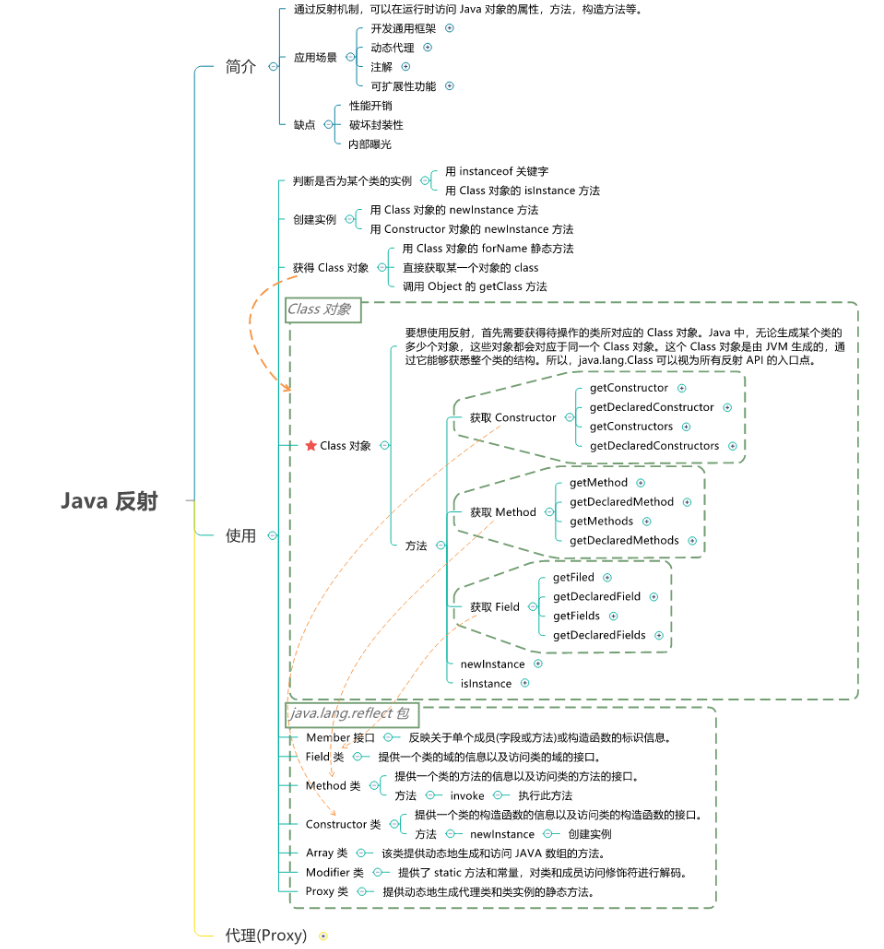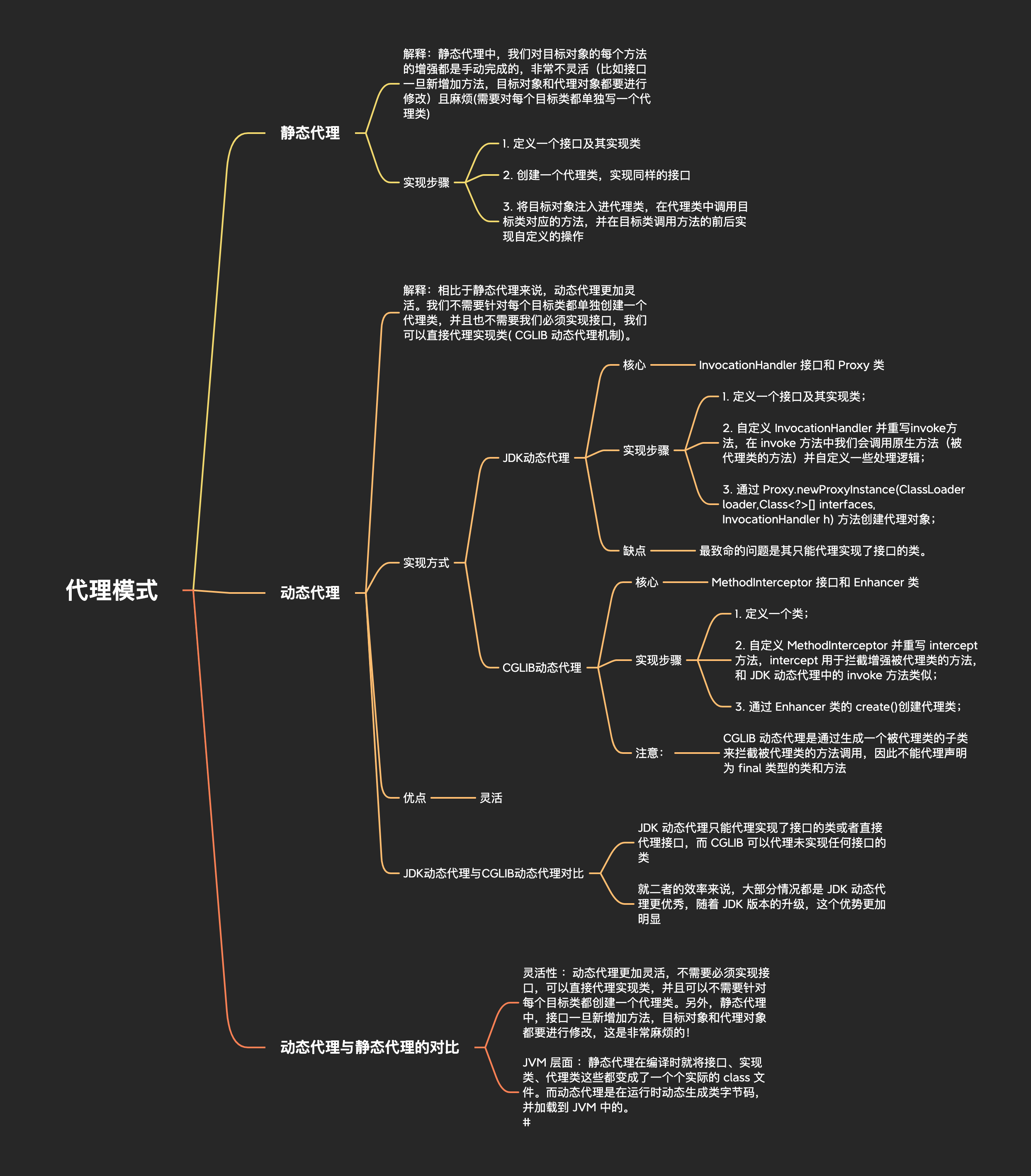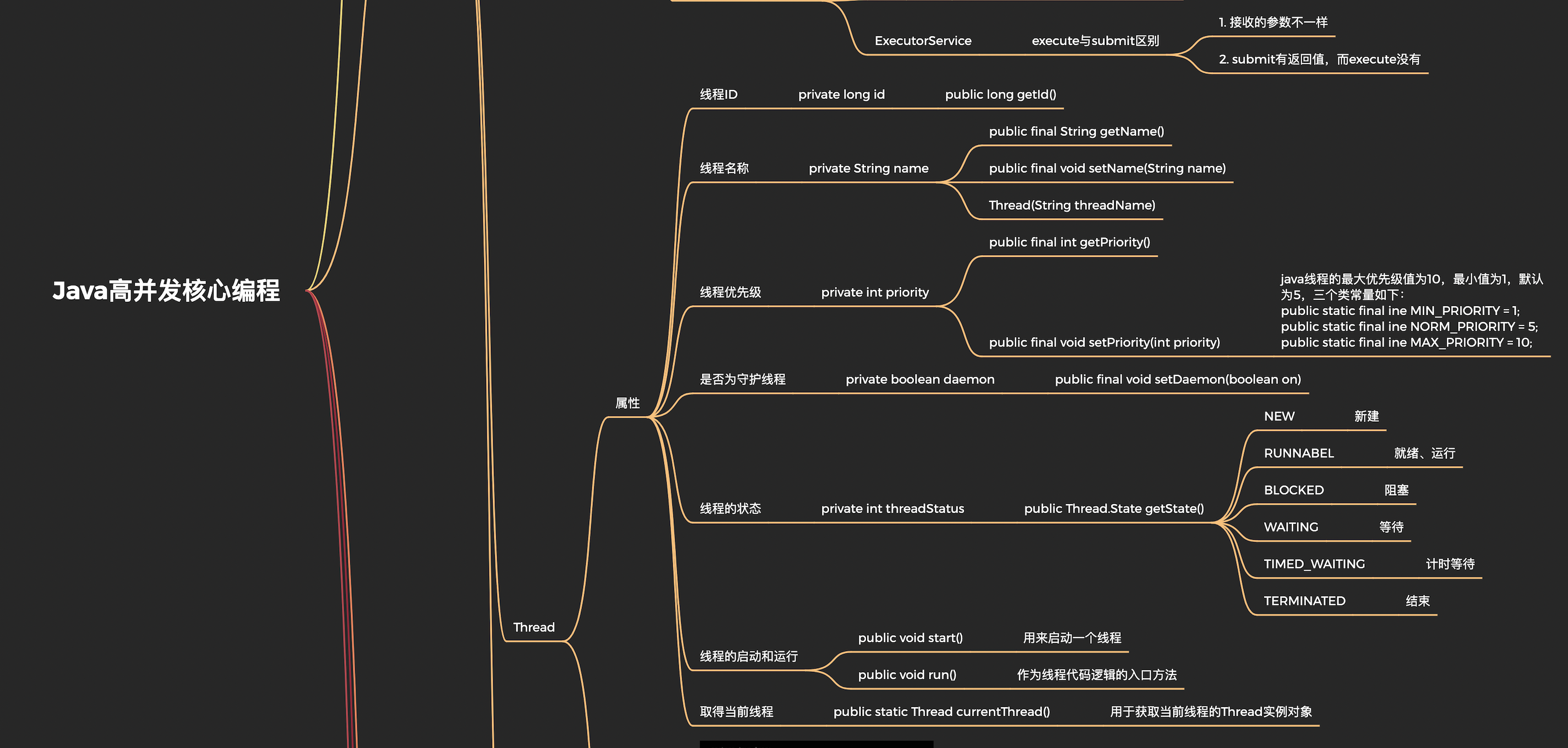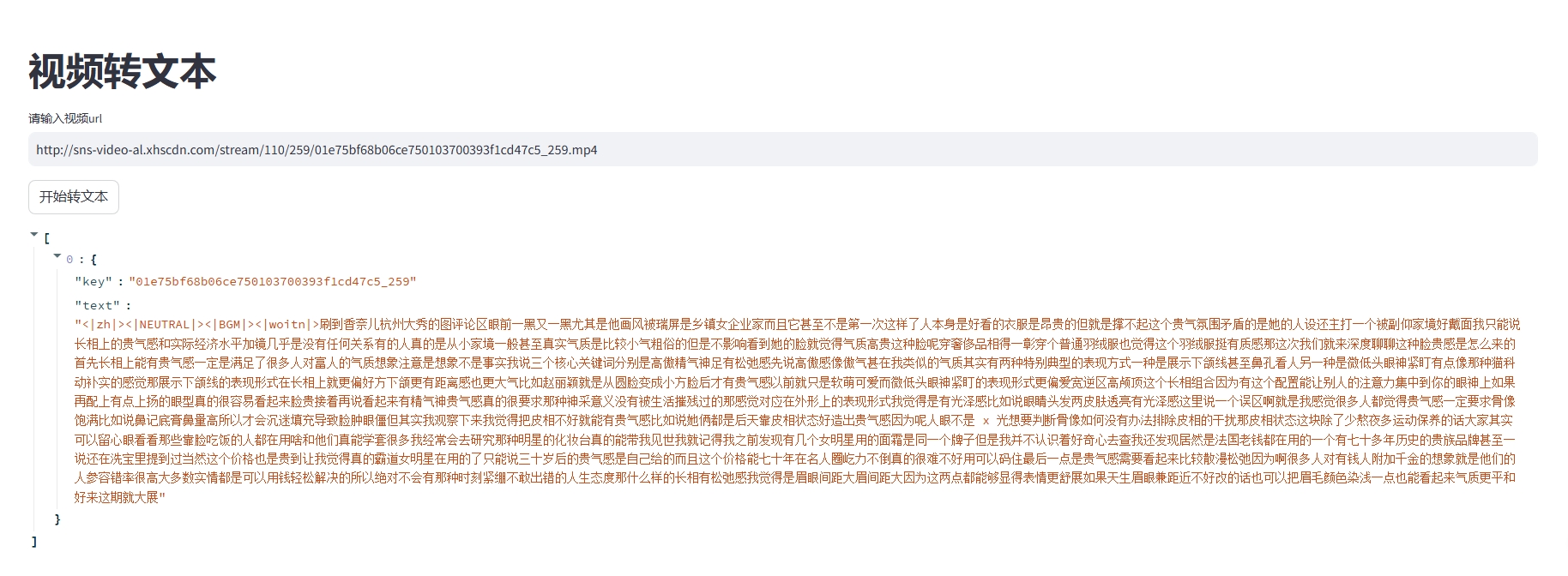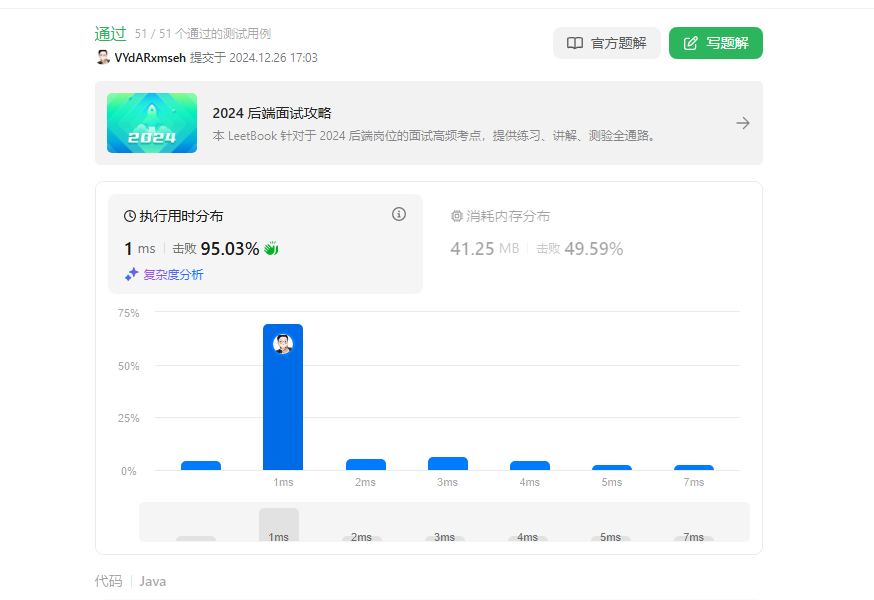java-String学习
String、StringBuffer和StringBuilder的区别
从以下几个方面来说:
可变性
String 类中使用 final 关键字修饰字符数组来保存字符串,private final char value[],所以 String 对象是不可变的。
1 | public final class String |
而 StringBuilder 与 StringBuffer 都继承自 AbstractStringBuilder 类,在 AbstractStringBuilder 中也是使用字符数组保存字符串char[]value 但是没有用 final 关键字修饰,所以这两种对象都是可变的。
补充:在 Java 9 之后,String 、StringBuilder 与 StringBuffer 的实现改用 byte 数组存储字符串 private final byte[] value
StringBuilder 与 StringBuffer 的构造方法都是调用父类构造方法也就是 AbstractStringBuilder 实现的。
1 | public final class StringBuffer |
1 | public final class StringBuilder |
1 | abstract class AbstractStringBuilder implements Appendable, CharSequence { |
线程安全
String 中的对象是不可变的,也就可以理解为常量,线程安全。
AbstractStringBuilder 是 StringBuilder 与 StringBuffer 的公共父类,定义了一些字符串的基本操作,如 expandCapacity、append、insert、indexOf 等公共方法。
StringBuffer 对方法加了同步锁或者对调用的方法加了同步锁,所以是线程安全的。
StringBuilder 并没有对方法进行加同步锁,所以是非线程安全的。
性能
每次对 String 类型进行改变的时候,都会生成一个新的 String 对象,然后将指针指向新的 String 对象。
StringBuffer 每次都会对 StringBuffer 对象本身进行操作,而不是生成新的对象并改变对象引用。
相同情况下使用 StringBuilder 相比使用 StringBuffer 仅能获得 10%~15% 左右的性能提升,但却要冒多线程不安全的风险。
对于三者使用的总结:
操作少量的数据: 适用 String
单线程操作字符串缓冲区下操作大量数据: 适用 StringBuilder
多线程操作字符串缓冲区下操作大量数据: 适用 StringBuffer

